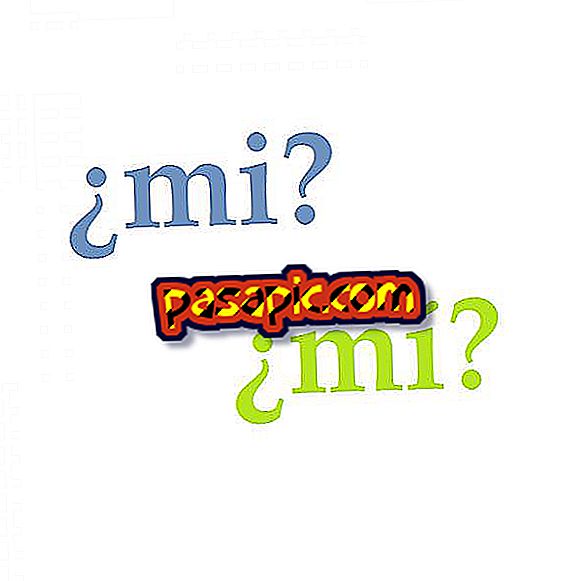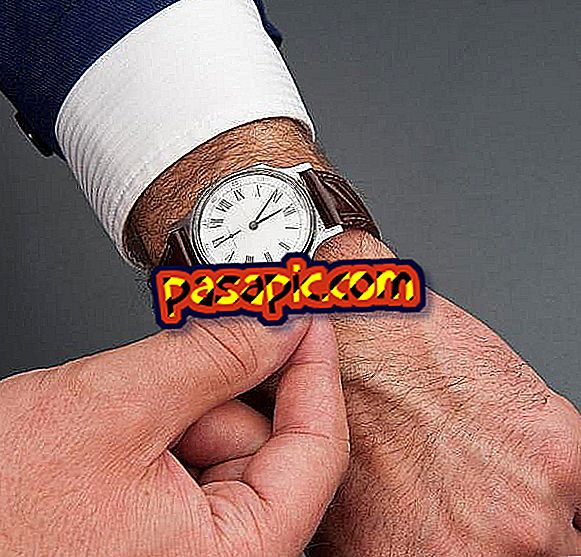Are Social Security debts inherited? - discover the answer

When a person dies he leaves his heirs a patrimony, composed of both assets and rights as well as debts and obligations. When we accept the inheritance, unless we do it for the benefit of inventory, we inherit the debts and obligations of the deceased and we will become jointly liable for the debts of the deceased if so established in these.
This is the case of the debts that the deceased had contracted with the Social Security derived from the non-payment of contributions and other obligations. In this case, debtors are those who did not pay the fees, the joint and several, subsidiaries and successors mortis causa of the debtor, that is, the heirs. In the following article we answer the question: are Social Security debts inherited? Keep reading to discover it.
Debt claim
Once the Treasury services have detected that there is an heir or several, they will claim the debt that the deceased had contracted. This claim will not be limited only to the money owed by the deceased, but also to the interest derived from the non-payment of the debt and other costs derived from it.
Once we have claimed the debt, as we have become jointly responsible for it, if with the goods left by the deceased is not enough to satisfy it, we will have to respond with our assets.
We must remember that we become jointly responsible if we have accepted the inheritance expressly or if we have done so tacitly, that is, by doing any act that implies that we have accepted it, such as disposing of any of the assets included in it.
What to do if I inherit a Social Security debt
Let's see below what are the possible ways of action in the situation of inheriting a Social Security debt:
- Pay and put at risk your own assets: if the heirs accept the debt, they will have to pay the debt in full and respond as if they were the deceased. They are responsible for everything and if they do not have sufficient liquidity to face the payment, you will also have to respond with their own assets.
- Pay the debt only with the inheritance: if you want to avoid putting your own wealth at risk, there is the possibility of accepting the inheritance for the benefit of inventory. This means paying the debt only with the assets of the inheritance and acquiring the rest of the assets once the debt has already been paid.
- Do not pay: to avoid paying the debt, you can reject the inheritance to avoid having to face any payment.

How to avoid inheriting a Social Security debt
In order not to become Social Security debtors by inheritance, we have two ways: we can accept it for the benefit of inventory or reject the inheritance. In the following article we explain how to give up an inheritance.
In the first case, the debts with the deceased's assets will be satisfied and, if any inheritance remains, we will inherit it, and in the second we will not inherit anything, neither debts nor assets. Normally, the most beneficial option is acceptance to the benefit of inventory.


